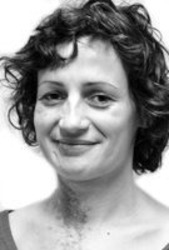will take place on Tuesday, October 16, 2018 from 15:00 to 16:00 hours in CBBM, Ground Floor, B1/B2.
Host: Prof. Dr. Sören Krach
Department of Psychiatry and Psychotheray
University of Lübeck
Abstract
When updating our beliefs, we tend to consider good news and to neglect bad news. Thus, our belief formation is biased by what we want to believe. We show that the valence of belief updates was encoded by the ventromedial prefrontal cortex (vmPFC), and that this valuation system influenced dorsomedial prefrontal brain areas. Moreover, the more individuals were biased in their belief updating, the stronger was the valence encoding and the influence by the vmPFC.
These results show that the motivation to maximize desirable beliefs recruits neurocircuits known from other motivated cognitive processes whose role is to maximize rewards such as food and money. Importantly, reward-related dopaminergic circuits are closely intertwined with homeostatic pathways regulating energy demands based on satiety and hunger signals. Thus, paradigms assessing motivated cognitive processing including both food- and non-food-related prediction and belief formation represent a promising tool to investigate how homeostatic signaling affects judgments and decision making.
Biosketch
Bojana Kuzmanovic is postdoc at the Max Planck Institute for Metabolism Research, Translational Neurocircuitry Group. After studying psychology, she did her PhD at the University Hospital Cologne and the Research Center Juelich. She investigates belief updating and decision making in the context of homeostatic signaling using behavioral experiments, fMRI, computational modeling and dynamic causal modeling


